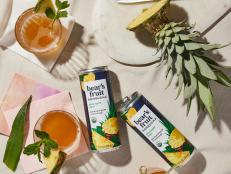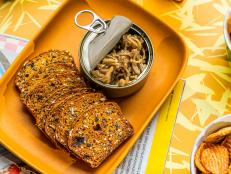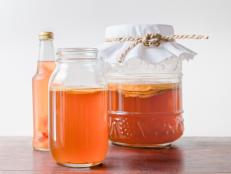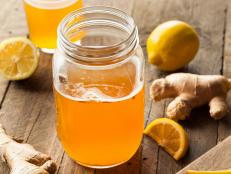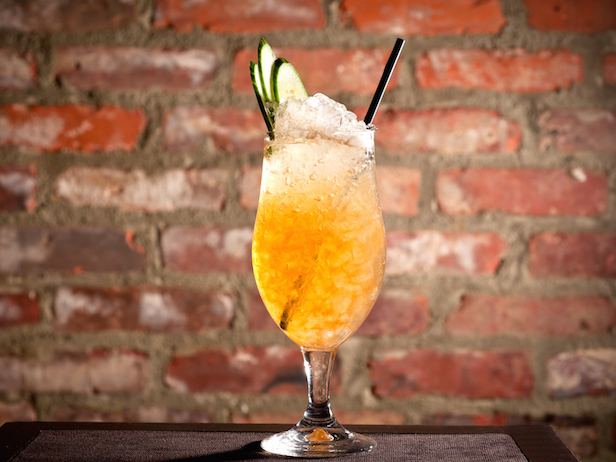Kombucha: Believe the Hype?
Originating in China 2,000 years ago, Kombucha is one of the world's oldest "healthy" drinks. Brewers make this murky beverage by combining bacteria and yeast (molded into a cake called a "mushroom") with black or green tea that contains sugar. Fermentation occurs and creates a sweet, sour and slightly fizzy “tea” with vinegar, amino acids, B-vitamins and a slew of living things.
According to a Los Angeles Times article, older adults and those suffering from HIV made Kombucha popular in the 1980s. People drank it to boost their immune system, increase energy, improve their skin and nails and strengthen thinning hair.
Back in the 1980s, most Kombucha was home-brewed. Due to unsanitary handling, batches often were contaminated. Home-brewers also found that the concoction could support the growth of anthrax (yes, anthrax), and the high vinegar and ethanol content can possibly leach out lead and other chemicals from the tea's container.
Not to add more scary statistics, but in 1995, the CDC published a warning that Kombucha might have causes severe illness in multiple women who had consumed as little as 4 ounces of the tea daily.
Today, there still isn't evidence linking the tea to its touted therapeutic benefits, specifically its detoxing qualities. That doesn’t mean people have given it up! The New York Post recently dubbed it the latest “hot drink,” and another article I read calls it a “health drink” that people love because it makes them feel good.
Kombucha is sold pre-made as sparkling kombucha or mixed with juice in its raw, organic form. You can find these bottled drinks in many grocery and health food stores. With harmful risks outweighing any confirmed helpful benefits, stick to a can or bottle as a special treat and not for daily sipping. Costing around $5, the drink can start to become an expensive daily habit too.
























